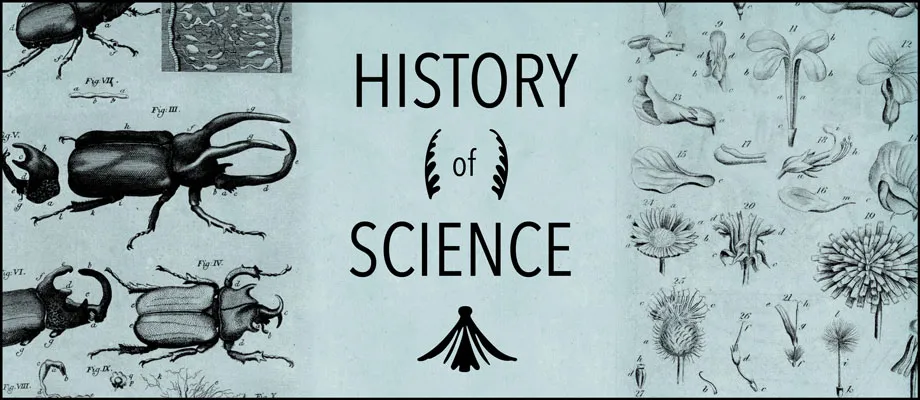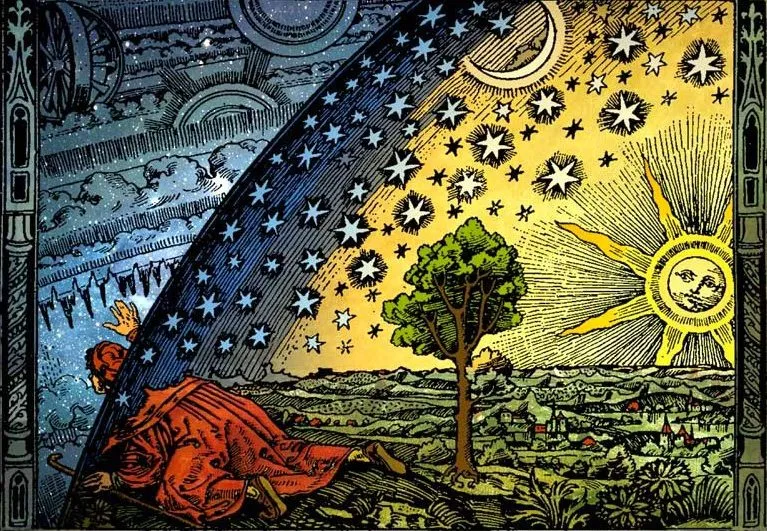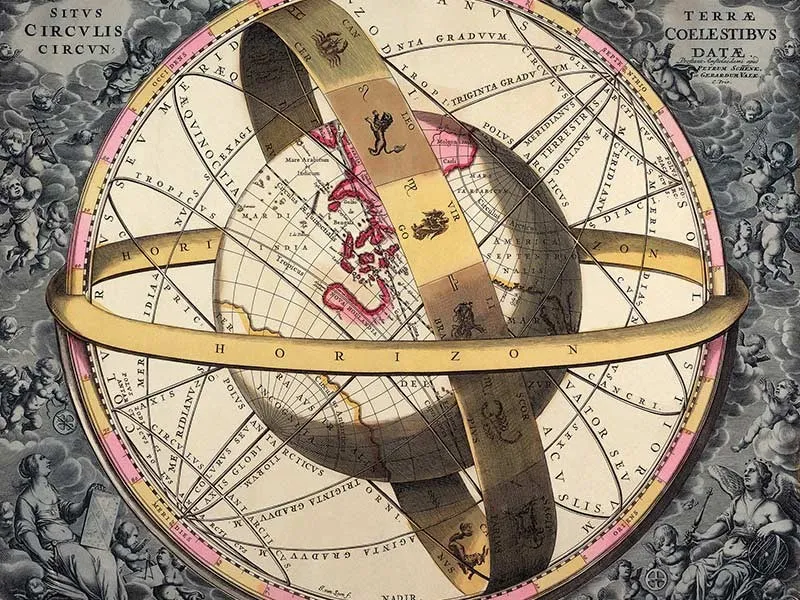 science in a broad experience existed earlier than the present day technology and in many historic civilizations. modern-day technological know-how is wonderful in its technique and a hit in its results, so it now defines what technology is in the strictest feel of the term.
science in a broad experience existed earlier than the present day technology and in many historic civilizations. modern-day technological know-how is wonderful in its technique and a hit in its results, so it now defines what technology is in the strictest feel of the term.
technological know-how in its authentic feel changed into a word for a form of information in preference to a specialized phrase for the pursuit of such know-how. especially, it become the form of know-how which human beings can speak to each other and percentage. for instance, understanding approximately the operating of herbal things become amassed lengthy before recorded history and caused the development of complex abstract concept. that is proven by using the development of complicated calendars, strategies for making poisonous plants fit to be eaten, public works at country wide scale, such which the ones which harnessed the floodplain of the Yangtse with reservoirs,[12] dams, and dikes, and homes inclusive of the Pyramids. however, no regular conscientious difference become made between knowledge of such matters, which can be authentic in every network, and different varieties of communal information, which includes mythologies and felony structures.
Antiquity
most important article: history of science in classical antiquity
See also: Nature (philosophy)
Maize, acknowledged in some English-speaking international locations as corn, is a massive grain plant domesticated by indigenous peoples in Mesoamerica in prehistoric times.
before the invention or discovery of the concept of "nature" (ancient Greek phusis) by means of the Pre-Socratic philosophers, the equal words have a tendency to be used to describe the natural "way" wherein a plant grows,[13] and the "manner" wherein, for instance, one tribe worships a selected god. for this reason, it's far claimed these men have been the primary philosophers inside the strict experience, and additionally the first human beings to certainly distinguish "nature" and "convention."[14]:209 technological know-how become consequently outstanding because the knowledge of nature and things which might be actual for every community, and the call of the specialized pursuit of such know-how changed into philosophy – the world of the first philosopher-physicists. They were specifically speculators or theorists, especially interested in astronomy. In evaluation, trying to use expertise of nature to imitate nature (artifice or era, Greek technē) was visible by way of classical scientists as a more suitable hobby for lower magnificence artisans.[15]
The early Greek philosophers of the Milesian college, which was founded with the aid of Thales of Miletus and later persevered through his successors Anaximander and Anaximenes, have been the first to try to explain herbal phenomena with out relying on the supernatural.[16] The Pythagoreans evolved a complicated number philosophy[17]:467–468 and contributed substantially to the improvement of mathematical technological know-how.[17]:465 The theory of atoms turned into advanced via the Greek logician Leucippus and his student Democritus.[18][19] The Greek physician Hippocrates hooked up the subculture of systematic clinical technology[20][21] and is referred to as "the daddy of medication".[22]
Aristotle, 384–322 BCE, one of the early figures in the improvement of the medical method[23].
A turning factor in the records of early philosophical science become Socrates' example of making use of philosophy to the look at of human things, inclusive of human nature, the character of political communities, and human knowledge itself. The Socratic method as documented by means of Plato's dialogues is a dialectic method of speculation removal: better hypotheses are discovered by means of gradually figuring out and removing those who lead to contradictions. This was a reaction to the Sophist emphasis on rhetoric. The Socratic method searches for popular, generally held truths that form ideals and scrutinizes them to decide their consistency with other beliefs.[24] Socrates criticized the older type of take a look at of physics as too merely speculative and missing in self-criticism. Socrates was later, inside the phrases of his Apology, accused "due to the fact he corrupts the children and does no longer accept as true with in the gods the kingdom believes in, but in different new non secular beings". Socrates refuted these claims,[25] however was sentenced to demise.[26]: 30e

Aristotle later created a scientific programme of teleological philosophy: motion and alternate is defined as the actualization of potentials already in matters, consistent with what types of things they may be. In his physics, the sun is going around the earth, and lots of matters have it as a part of their nature that they are for people. every component has a proper cause, a final cause, and a function in a cosmic order with an unmoved mover. even as the Socratics insisted that philosophy have to be used to bear in mind the realistic query of the excellent manner to live for a human being (a examine Aristotle divided into ethics and political philosophy), they did now not argue for every other forms of implemented science. Aristotle maintained that guy is aware of a issue scientifically "when he possesses a conviction arrived at in a positive way, and when the primary principles on which that conviction rests are known to him with certainty".[27]
The Greek astronomer Aristarchus of Samos (310–230 BCE) turned into the primary to recommend the heliocentric version of the universe, with the sun inside the center and all of the planets orbiting it.[28] Aristarchus's model changed into widely rejected because it was believed to violate the laws of physics,[28] but the inventor and mathematician Archimedes of Syracuse defended it in.[28] Archimedes himself made primary contributions to the beginnings of calculus[29] and has from time to time been credited as its inventor,[29] even though his proto-calculus lacked numerous defining functions.[29] Pliny the Elder changed into a Roman author and polymath, who wrote the seminal encyclopedia natural records,[30][31][32] handling history, geography, remedy, astronomy, earth science, botany, and zoology.[30] other scientists or proto-scientists in Antiquity were Theophrastus, Euclid, Herophilos, Hipparchus, Ptolemy, and Galen.
during late antiquity, in the Byzantine empire many Greek classical texts had been preserved. Many Syriac translations have been completed by way of businesses consisting of the Nestorians and Monophysites.[33] They performed a position after they translated Greek classical texts into Arabic underneath the Caliphate, throughout which many forms of classical gaining knowledge of had been preserved and in a few cases advanced upon.[33][d] in addition, the neighboring Sassanid Empire mounted the clinical Academy of Gondeshapur wherein Greek, Syriac and Persian physicians hooked up the most vital clinical middle of the historic international at some point of the 6th and seventh centuries.[34]
Medieval science
De potentiis anime sensitive, Gregor Reisch (1504) Margarita philosophica. Medieval technology postulated a ventricle of the mind as the location for our common feel,[35] wherein the forms from our sensory structures commingled.
in addition facts: technology inside the medieval Islamic world
due to the collapse of the Western Roman Empire due to the Migration period a decline in intellectual level determined place within the western part of Europe inside the 400s. In evaluation, the Byzantine Empire resisted the attacks from the barbarians, and preserved and stepped forward the getting to know. John Philoponus, a byzantine pupil in the 500s, changed into the first pupil ever to question Aristotle's teaching of physics and noting its flaws. John Philoponus' complaint of Aristotelian principles of physics served as an thought for Galileo Galilei ten centuries later as Galileo cited Philoponus substantially in his works when Galileo additionally argued why Aristotelian physics changed into fallacious in the course of the clinical Revolution.[36][37]
all through overdue antiquity and the early center a while, the Aristotelian method to inquiries on herbal phenomena turned into used. Aristotle's four causes prescribed that 4 "why" questions must be answered for you to explain matters scientifically.[38] some historic information became misplaced, or in a few cases saved in obscurity, all through the fall of the Western Roman Empire and periodic political struggles. however, the overall fields of technology (or "herbal philosophy" as it turned into known as) and plenty of the general expertise from the historical global remained preserved thru the works of the early Latin encyclopedists like Isidore of Seville. but, Aristotle's authentic texts were subsequently lost in Western Europe, and most effective one text via Plato was widely known, the Timaeus, which was the best Platonic dialogue, and one of the few unique works of classical natural philosophy, available to Latin readers inside the early center ages. another original work that received have an effect on in this period turned into Ptolemy's Almagest, which includes a geocentric description of the solar machine.
in the Byzantine empire, many Greek classical texts have been preserved. Many Syriac translations were executed by means of corporations together with the Nestorians and Monophysites.[33] They performed a function once they translated Greek classical texts into Arabic underneath the Caliphate, during which many types of classical studying have been preserved and in a few instances progressed upon.

The house of knowledge changed into hooked up in Abbasid-generation Baghdad, Iraq,[39] where the Islamic look at of Aristotelianism flourished. Al-Kindi (801–873) changed into the first of the Muslim Peripatetic philosophers, and is understood for his efforts to introduce Greek and Hellenistic philosophy to the Arab global.[40] The Islamic Golden Age flourished shape this time till the Mongol invasions of the 13th century. Ibn al-Haytham (Alhazen), in addition to his predecessor Ibn Sahl, become acquainted with Ptolemy's Optics, and used experiments as a way to advantage understanding.[f][41][42]:463–65 moreover, docs and alchemists such as the Persians Avicenna and Al-Razi also greatly developed the science of drugs with the former writing the Canon of medication, a clinical encyclopedia used until the 18th century[43] and the latter coming across a couple of compounds like alcohol.[44] Avicenna's canon is taken into consideration to be one of the most vital guides in medicine and they each contributed extensively to the practice of experimental medicinal drug, the usage of medical trials and experiments to lower back their claims.[45][46]
inside the Classical antiquity Greek and Roman taboos had supposed that dissection was normally banned in historical times, but in middle a long time it changed: clinical instructors and college students at Bologna began to open human bodies, and Mondino de Luzzi (ca. 1275–1326) produced the first acknowledged anatomy textbook based on human dissection.[47][48]
via the 11th century most of Europe had emerge as Christian; more potent monarchies emerged; borders were restored; technological trends and agricultural innovations had been made which increased the food supply and populace. similarly, classical Greek texts started out to be translated from Arabic and Greek into Latin, giving a better degree of scientific dialogue in Western Europe.[49]
by means of 1088, the first university in Europe (the university of Bologna) had emerged from its clerical beginnings. demand for Latin translations grew (as an example, from the Toledo faculty of Translators); western Europeans began amassing texts written now not most effective in Latin, but also Latin translations from Greek, Arabic, and Hebrew. Manuscript copies of Alhazen's e book of Optics also propagated throughout Europe before 1240,[50]:Intro. p. xx as evidenced by its incorporation into Vitello's Perspectiva. Avicenna's Canon turned into translated into Latin.[51] mainly, the texts of Aristotle, Ptolemy,[g] and Euclid, preserved within the homes of know-how and also within the Byzantine Empire,[52] have been sought amongst Catholic scholars. The influx of historical texts precipitated the Renaissance of the 12th century and the flourishing of a synthesis of Catholicism and Aristotelianism called Scholasticism in western Europe, which became a brand new geographic center of science. An experiment in this period could be understood as a careful system of gazing, describing, and classifying.[53] One outstanding scientist in this era was Roger 1st Baron Verulam. Scholasticism had a robust attention on revelation and dialectic reasoning, and gradually fell out of favour over the subsequent centuries.